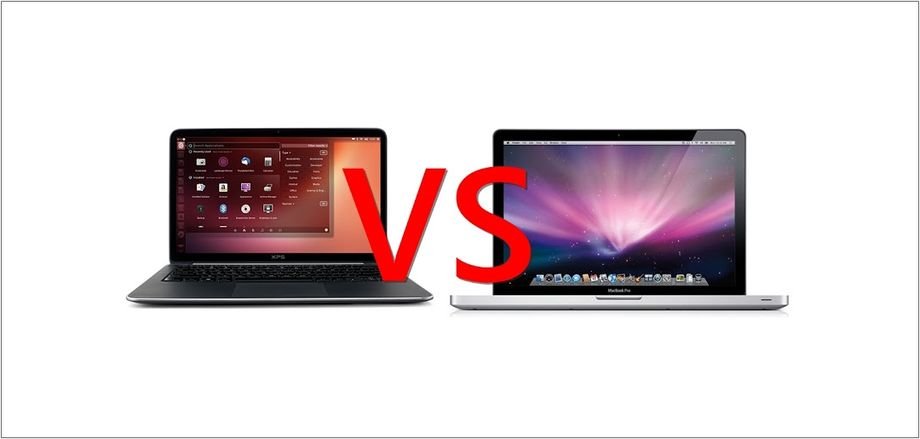
#Ubuntu vs mac os install
You could also install Ubuntu in VirtualBox, running Linux as a virtual machine on top of Windows.
#Ubuntu vs mac os windows
You can dual-boot Ubuntu and Windows or use Windows Subsystem for Linux to run Ubuntu on Windows itself. If you can’t choose between them, you can always pick both. Ubuntu is a great, secure, free, and beginner-friendly Linux distribution, but if you’re looking for easy familiarity and a plug-in-and-go system, Windows is best-even if there are plenty of reasons to ditch Windows (including the cost). Ultimately, Windows and Ubuntu are fighting different battles. While Windows has far more support for different hardware, and the best range of available software, it falls hard on security and privacy, even with recent improvements. Skimming through, you might think it’s a clear cut winner in the battle between Ubuntu vs Windows 10, but that isn’t quite the case. Ubuntu vs Windows 10: Fighting Different Battles
#Ubuntu vs mac os professional
If you want similar support from Microsoft, you can pay per-issue with Microsoft Professional Support or pay for Unified Support, which could cost tens of thousands of dollars (or more) for mid to large organizations. This gives subscribers access to phone and email support for problems and issues. After you run the command above, you will see the initial installation screen of the macOS operating system.


For businesses, Canonical (Ubuntu’s backer) offers support and extra security with the Ubuntu Advantage program, costing between $150 and $750 a year. To start the installation, run the basic.sh script file that we have just edited above./basic.sh. Ubuntu users also have a huge support community to rely on, with forums and a Wiki that will guide you to answers to support issues. If you’re struggling to find hardware that runs Linux, you can check it for compatibility. Ubuntu does offer a “certified hardware” program that lists pre-built PCs with the best support. In other areas, such as CPU support, the support is better, as this often flows from the Linux kernel where development is the best funded and supported. Linux support for certain hardware, such as graphics cards and wireless chipsets, is patchy at best, especially for newer hardware releases. However, that’s not to say that Linux hardware support is perfect, as it continues to lag behind Windows in some areas. Linux support for hardware is better than it has ever been, thanks (in part) to the success that Ubuntu has had in the desktop market (as well as the funding from corporate backers). Microsoft continues to offer the best support for software, and that’s before you take hardware support into account.

However, if you can’t do without your favorite apps or games, you can’t stray far from Windows. If you’re happy to trade Microsoft Office for LibreOffice (with some of the usability and functionality trade-offs), then Ubuntu is a great option.

I am looking into compiling my own kernel, as well as recompiling the C runtime libraries.These are a number of open source alternatives, created with community support and focused on cross-platform functionality (or are Linux-only, in some cases). In any experiment, it is best to keep the number of changing variables to a minimum. I'd say it is better to do it this way, so that you can have a better understanding what difference the OS and available runtime libraries make. Also, try to get the same version of GCC if possible (there could be performance regressions that you don't know about). Either make your HP machine into a hackintosh or put ubuntu on the other machine. As MrLinux pointed out, it is much easier to optimize for performance when you are only targeting a very narrow possible list of hardware configurations.Īlso, just for the sake of better experimental rigor, it is probably best if you were to perform the test using Ubuntu dual booted on the same hardware. However, this would probably only get you a few percent extra performance. Compiling the C runtime libraries on your system with some optimizations turned on would probably help too. If you are already familiar with Linux a bit, you could compile your own kernel to be a bit more tailored to the hardware on your system.


 0 kommentar(er)
0 kommentar(er)
